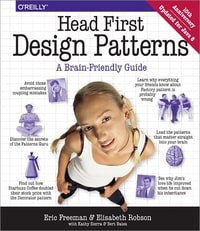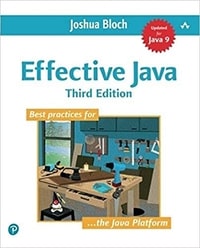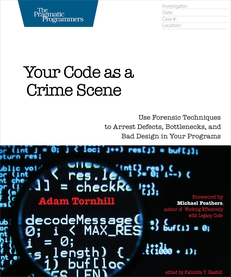Robert C. Martin Aka. “Uncle Bob”
If you have not yet been recommended to read this book as an ambitious software developer, then it is about time.
In his book, Robert, goes into depth on how to write understandable code which is self explanatory and does not require any redundant comments.
It highlights how you would solve several common convoluted coding scenarios by replacing it with extracted methods, limited arguments and clear intentions.
Learning how to write clean code will make you and your colleagues happy to read code written six months ago. No one has to rely on past knowledge of the classes and methods, because they are self explanatory
If you are going to read any book on this list, I would highly recommend that you started with Clean Code.
Takeaway: Teaches you the mindset of how to write clean code.















